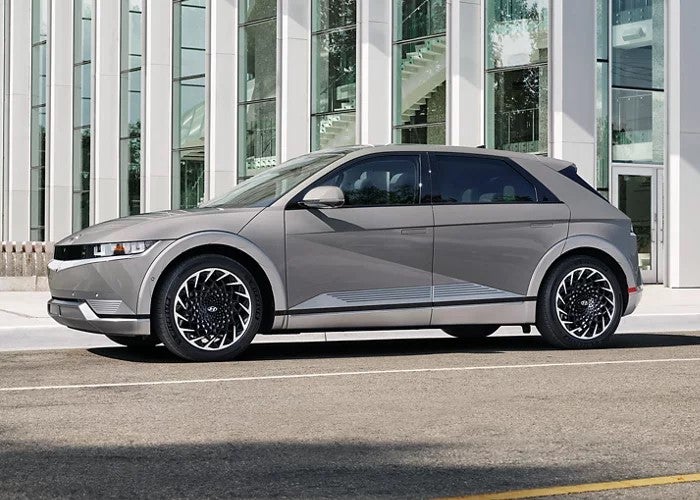
UK advertising watchdog bans adverts
A UK advertising watchdog has said that Toyota and Hyundai exaggerated the speed at which EVs could be charged to its customers in the UK.

Discover B2B Marketing That Performs
Combine business intelligence and editorial excellence to reach engaged professionals across 36 leading media platforms.
The Advertising Standards Agency (ASA) received complaints over adverts made by the two car brands.
After investigating, it ruled that the adverts were misleading and banned them.
In both rulings, the auto brands acknowledged their claims on charging times were accurate when testing within a controlled factory environment.
However, ASA noted that “real-world” factors would affect the time taken for an EV battery to charge. These included age and condition of a battery and ambient temperature, both of which could be controlled in a factory environment.
Toyota ran a marketing campaign on its website in 2022 about its EV, the bZ4X model. The advert claimed that by using a 150 kW fast-charging public charger, it could reach 80% charge in 30 minutes.
The complainant believed there were “significant limitations” to reaching the advertised charging rate.
In the ruling, Toyota also noted that there were no charging units offering 150kW power rating in Northern Ireland. It said it would “make this clear when using similar claims in the future”.
Hyundai ran a similar campaign about its EV charging times for its IONIQ 5 model, in the form of a digital billboard in London’s Piccadilly Square, a YouTube video and marketing brochure.
It claimed that the IONIQ 5 could charge from 10 to 80% in less than 18 minutes, using a 350kw charger. Again, it was noted there were no fast-charging locations in Northern Ireland.
In both cases, ASA ruled: “We concluded that because the ads omitted material information about the factors that could significantly affect the advertised charging time and the limitations in relation to availability […] the claims had not been substantiated and were misleading.”






